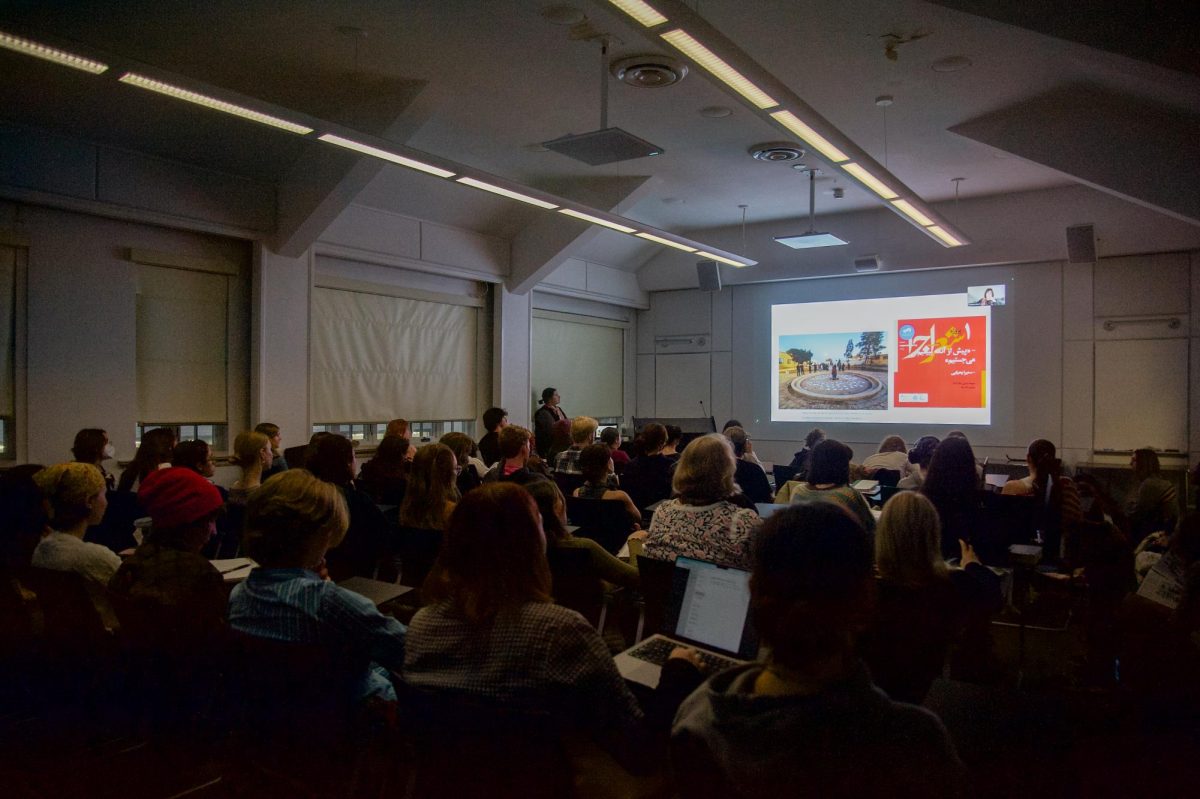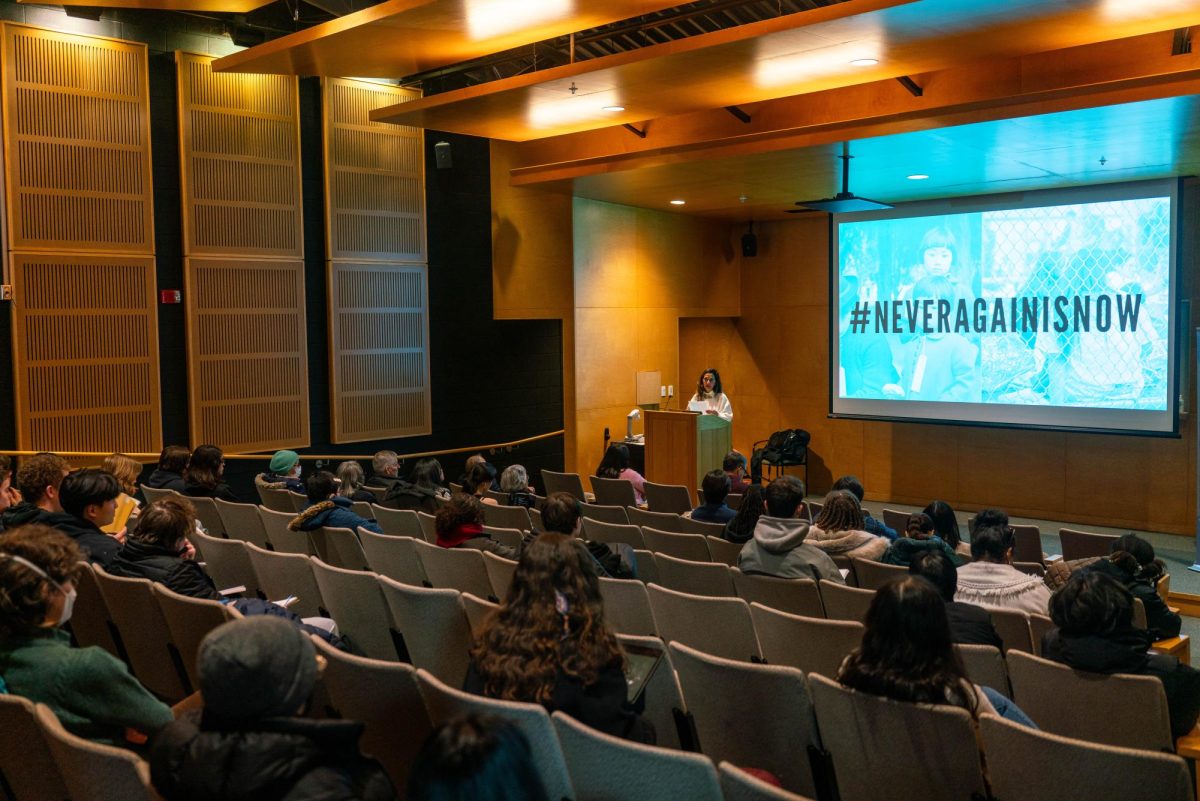Five years ago, social media users seemingly had an easy time navigating their various platforms. They could post a selfie on Instagram or tweet about whatever movie they were currently watching. Older generations remained on Facebook, while younger generations gravitated toward new platforms like Snapchat and BeReal. While some social media users have been looking for new places to consume ever since Elon Musk bought the text-based platform X, formerly known as Twitter, in Oct. 2022, the election results, and more recently, the Supreme Court’s ruling on TikTok, have convinced even more social media lovers to leave existing platforms. Seemingly overnight, the few beloved platforms exploded into tens of new ones. While TikTokers anticipating the app’s ban looked to platforms like the Chinese app Xiaohongshu, known in English as RedNote, other politically motivated members of apps like X and even Instagram scrambled to satisfy their appetite for content and communication more ethically.
Bluesky was created in 2019 by Jack Dorsey, then CEO of Twitter. Bluesky began as a research initiative for the team at X but, following Elon Musk’s acquisition of X, became a social media competitor. The app launched as an invite-only service in February 2023 and opened registrations in February 2024. In the past month, the app has grown to boast over 30 million users, acquiring more than a million users a day. The app runs on a framework called AT Protocol which allows users to transfer their data between different platforms. This means, somewhere down the line, the platform could offer options on feed ranking algorithms and moderation policies.
Despite the platform’s innovative backbone, there is something nostalgic about Bluesky, which visually resembles a stripped-down version of early Twitter, now X. With more celebrities and politicians joining the platform every day, it could be a solution to Elon Musk’s reign over X. Bluesky’s growing user numbers give some hope that text-based social media may survive after all. Still, to anyone still hopeful for one catchall platform, Bluesky’s growing popularity will not likely quell your concerns. We have undeniably entered a new phase in our already-fragmented media landscape.
RedNote recently welcomed many new users looking for a new platform amid the Supreme Court ruling that TikTok must be either sold or banned in the U.S. Xiaohongshu directly translates to “Little Red Book,” referencing the book compiling speeches and quotes by Mao Zedong, former chairman of the Chinese Communist Party.
In my first few moments on the app, I was startled by how much the content seemed produced for American attention. Certainly, the app knew that I am an American and presented me with this content intentionally. On my “home” page, the captions were written in both Chinese and English. The hashtag #TikTokRefugees is trending on the app. Chinese users are acutely aware of the new audience. In one video, a man brings his camera along on a Shanghai Costco trip, where he samples cherries and picks out fancy strawberries, mango, and plum powder. He drives his shopping cart up to a tall stack of cartons filled with “sunshine rose grapes,” with the caption “my refugee fans’ favorite.” Then, the English words on the video ask, “do you guys not have these in the U.S.?”
American users, on the other hand, seem hopeful that this new platform might provide them new opportunities to go viral. Several users, with no major following on other platforms such as TikTok and Instagram, have begun making content about their experience as a so-called TikTok refugee. Could their pioneering entrance to the app be a new opportunity for fame?
Then I stumbled upon an 8.5-minute video of a man washing and pounding rocks into dirt. He sifts the dirt, then, left only with the finest particles, adds water to make clay. After several days of straining the clay and leaving it to rest (made evident by the sun setting in the clips), the man sets up his throwing wheel. Hand-spinning the wheel with a stick, the man forms small bowls. More days pass as he shaves and fires and finally glazes the bowls. The video is captivating, perhaps one of the longest videos I have watched on an “infinite scroll” platform such as TikTok or Instagram reels.
To be fair, there is a lot of content out there that I didn’t like on RedNote, such as loud food ASMR and the strange American users addressing their “fellow TikTok refugees.” The fact that I was able to find several interesting videos is not surprising, nor is it unique to RedNote. Many users of Instagram, TikTok, and YouTube are familiar with the kind of DIY content that seemed so fresh to me on RedNote. Rather than having developed a more sophisticated algorithm to better entice me, my positive experience on RedNote was, in fact, a gap in the algorithm’s performance. In those first moments spent on the app, the algorithm was experimenting to discover the kind of content I wanted to consume. Because I didn’t know, because I was open to anything, possibly because my time spent on the app was spent contributing to a story, the algorithm presented me with everything and anything. I consumed and was impressed.
Like many users, when I open Instagram reels, I know exactly what I will find: mostly cooking videos, fashion styling, and maybe some apartment tours in various cities. On there, everything seems to look the same. I often fear that consuming the same content is making me boring, or deflating my individual thoughts, style, and opinions. Because of this and my positive experience on RedNote, it’s easy to wonder if that individual platform is the problem. However, I am confident that the more time I might spend on RedNote, the more the recommended feed would fall to the same fate.
Maybe what I’m really looking for is an algorithm that doesn’t know me quite so well — an app that presents me with content seemingly at random. If you’re opposed to the tech moguls controlling popular platforms, or even just bored of your feed, these new platforms may not be a solution. The Luddite in me wants to leave the platforms, join book clubs, and break up with social media algorithms. But the hopeful in me, knowing that we might be too far gone to go off-grid, looks to platforms like Bluesky, with developing, allegedly user-first algorithms. There might never be a carbon copy of your favorite social media platform, but perhaps experimenting with the new app store favorites is a good way to unlearn the algorithms we’ve become too familiar with.
















